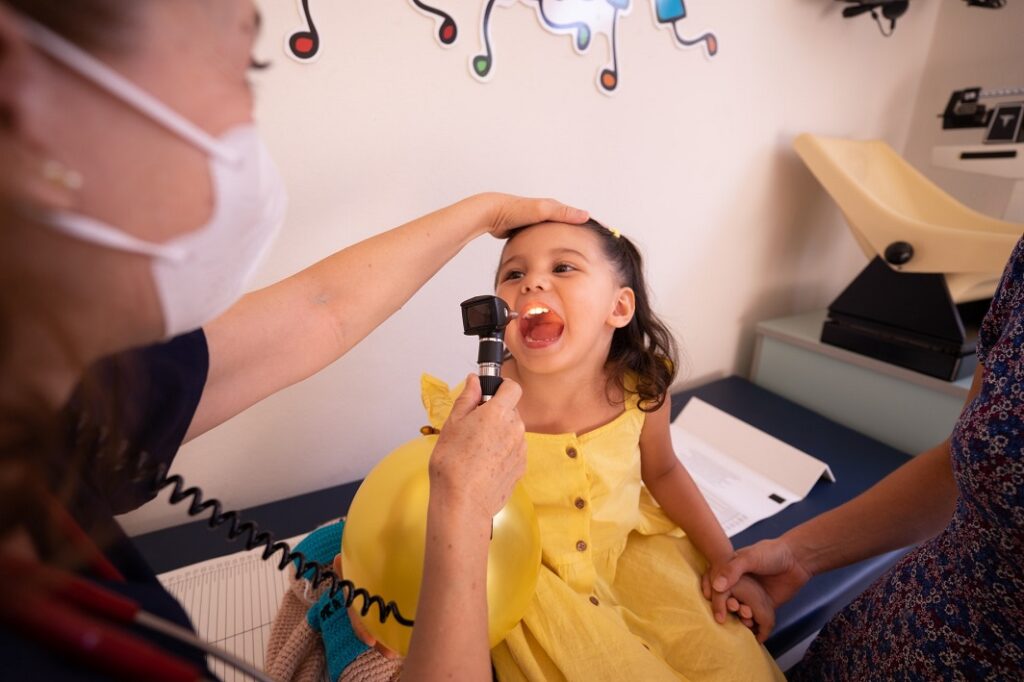Context Health care
Health care in Greece
Greece’s health care system is a mixed system comprising elements from both the public and private sectors.

Overview
Greece’s health care system is a mixed system comprising elements from both the public and private sectors. In the public sector, a national health service coexists with a social health insurance (SHI) model. In 2011, the National ublic sector, a national health service coexists with a social health insurance (SHI) model. In 2011, the National Organization for the Provision of Health Services (EOPYY) was established. It acts as the sole purchaser of health care services for patients covered by the publicly financed National Health System (known as ESY). The private sector includes profit-making hospitals, diagnostic centres and independent practices. A large part of the private sector enters into contracts with EOPYY, providing mainly primary/ambulatory care for the ESY.
After 2010, the role of voluntary initiatives, nongovernmental organizations (NGOs) and informal health care networks increased significantly. This was mainly a response to address the needs of the large portion of the population that lost insurance coverage and access to public health care, primarily through prolonged unemployment or other inability to pay contributions. Coverage was restored through remedial legislation in 2016.
The Ministry of Health is responsible for the planning and regulation of the ESY and EOPYY. Despite the establishment of regional health and welfare authorities as far back as 2001, and their renaming as regional health authorities (YPEs) in 2004, these entities, which were intended to carry out extensive health care planning, organization and provision, have exercised only limited powers to date. This may change with the implementation of more recent primary care reforms. In 2014, legislation formally transferred all public primary care facilities, health centres and rural surgeries to the jurisdiction of the YPEs. These are expected to take up their primary care coordination roles and to create a more integrated, two-tier primary care system with a gatekeeping role. There is extensive legislation controlling the activities of third-party payers and providers of services, the purchasing process and the levels of prices and reimbursement within the ESY.
Greece is still recovering from an extended period of economic austerity whereas at the same time is in the forefront of the flows of TCNs arriving in Europe over the last 5 years, while TCNs’ access to the health care system is still an issue.
According to IASC Interim Guidance (2020), TCNs are considered vulnerable populations, and they have to be dependent from Greek authorities, local networks, NGOs and the society in general for humanitarian assistance. More in particular, the Ministry of Migration and Asylum, along with its relevant Asylum Service and RIS (Reception and identification Service) have been the responsible authorities that provided TCN population with all the relevant information since the Covid-19 pandemic outbreak, trying to address all the issues they face when trying to access health services.
A recent law saw the distribution of a Temporary Healthcare and Social Insurance Number for Alien Citizens (PAAYPA, Law 4636, O.G. 55.2/01.11.2019) which has contributed to assessing these difficulties in accessing health care services while most of the services have been transformed to online/electronic versions, to tackle the phenomenon of face-to-face congestion to the relevant offices. Despite all these positive changes that were also complemented with specific guidelines translated to a handful of languages and addressed to safety health preventative measures that TCN populations can adopt to protect themselves from Covid-19, the TCNs healthcare situation in Greece is still hard. Having more than 60.000 to reside in 36 reception centers and camps, the fact that a proper and coordinated health management of newly arrived TCNs is affected by legal, communication/language, cultural and bureaucratic barriers in accessing healthcare system, has worsened the whole situation, making the integration of TCNs in the Greek national health care plan against Covid-19 an important factor.
Covid-19
Strong Covid-19 prevention measures are currently in effect in Greece, but many migrants and refugees are living in precarious situations and cannot benefit from them. Overcrowded conditions in camps make social distancing hard. The impact on mental health is also felt by migrants and refugees. Prolonged travel bans cause long periods of isolation in overcrowded camps, and asylum procedures and interviews are disrupted for long periods as long as the country is in lockdown.
Asylum seekers and those stranded in Greece have problems accessing health services, and Covid-19 is making the situation worse. A recent law saw the distribution of a Temporary Healthcare and Social Insurance Number for Alien Citizens (PAAYPA, Law 4636, O.G. 55.2/01.11.2019) which has contributed to these difficulties in accessing health care services.
The testing strategy for SARS-CoV-2 can be analysed in three pillars:
- Diagnostic testing: intended to identify occurrence at the individual level and is performed when there is a reason to suspect that an individual may be infected, such as having symptoms or suspected recent exposure, or to determine resolution of infection. It is performed in/by:
- Covid-19 Reference Hospitals: people with symptoms are urged to call the Hellenic NPHO on the dedicated number 1135 and report travel or contact history and any alarming symptoms. They will receive instructions for referral to any of the 14 Covid-19 reference hospitals across the country for free medical evaluation and RT-PCR testing for SARS-CoV-2 in the case that the person is evaluated as a suspected case.
- Primary Health Care settings: operational expansion of 185 Health Centres and 42 Regional Clinics, to include case management of citizens with coronavirus symptoms. This action has largely decongested hospitals.
- NPHO Mobile Health Units: fixed examination points around the country are being set in areas with high epidemiological burden.
- Screening testing: intended to identify occurrence at the individual level even if there is no reason to suspect infection – e.g., there is no known exposure. This includes, but is not limited to, screening of non-symptomatic individuals without known exposure with the intent of making decisions based on the test results.
- Surveillance testing: includes ongoing systematic activities, including collection, analysis, and interpretation of health-related data that are essential to planning, implementing, and evaluating public health practice.
Samples of Covid-19 tests are sent to one of seven Covid-19 reference laboratories. The samples are processed to give the result as soon as possible, during which time people who underwent testing should self-isolate. In case of a positive result, the patient is transferred to a reference Covid-19 hospital in proximity and, depending on the severity of symptoms and underlying medical conditions, doctors decide if the patient remains in hospital for treatment or home isolation. Those tested negative should remain in home isolation for at least 14 days.
Alternatively, private diagnostic laboratories and private hospitals carry out tests and medical examinations, with the cost being covered by the individual wishing to take the test. When a case is confirmed, the NPHO is notified, and the patient, depending on severity, gets transferred to a Covid-19 reference hospital for assessment.
Do you want to share your project with our community and stakeholders?
Context Health care
Health care in Slovenia
Overview Health care in Slovenia is organised primarily through the Health Insurance Institute […]
Overview Health care in Slovenia is organised primarily through the Health Insurance Institute […]
Context Health care
Health care in Romania
Overview The legal act governing the Romanian health system is the Law […]
Overview The legal act governing the Romanian health system is the Law […]

